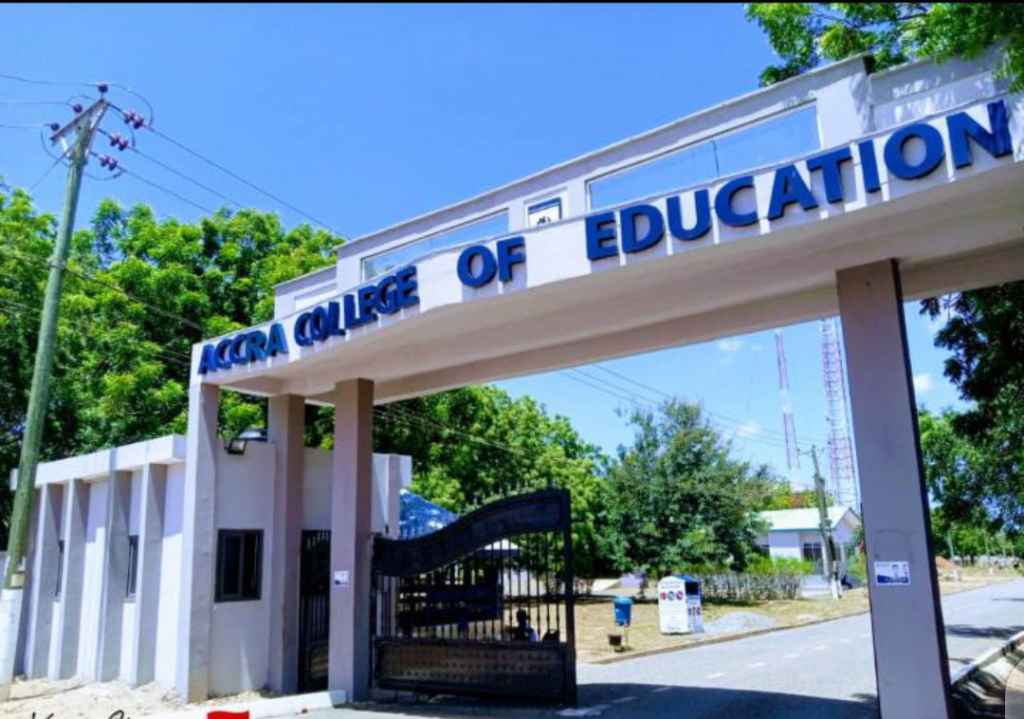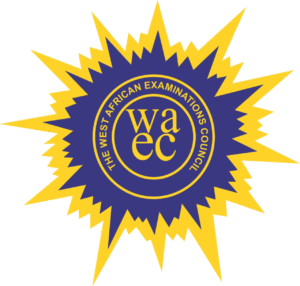The Prospects of Colleges of Education Under a New Government

As Ghana ushers in a new government, the future of the country’s colleges of education is at a critical crossroads. With 46 public colleges tasked with training teachers for the nation’s primary and secondary schools, these institutions are facing significant hurdles that hinder their capacity to fulfill their core role. Over the past eight years, the colleges have contended with numerous challenges, including industrial strikes, inadequate infrastructure, and an ever-growing demand for qualified educators. These issues are compounded by the introduction of a “double-track” system, which arose from the infrastructure deficit within these institutions.
The NDC 2024 Manifesto presents a series of proposals aimed at addressing these challenges and improving the state of the colleges of education in Ghana. The manifesto’s recommendations are critical to not only improving the quality of teacher training but also ensuring the long-term sustainability and relevance of these institutions in the evolving educational landscape.
One of the key proposals in the manifesto is the provision of trainee allowances, alongside student loans and other financial support options for teacher trainees. The current system of paying allowances to trainee teachers has sparked considerable debate, with some stakeholders questioning its relevance in the current economic environment. Given that colleges of education now offer degree programs, similar to traditional universities, critics argue that these funds would be better allocated through the Student Loan Trust Fund. The funds earmarked for trainee allowances could be better used to address the pressing infrastructural needs of the colleges, which have long been plagued by overcrowded classrooms, outdated facilities, and a shortage of teaching resources. Redirecting financial resources toward infrastructural development would create a more conducive learning environment and enhance the quality of education provided to trainee teachers.
Another significant proposal in the NDC manifesto is the abolition of the teacher licensure examination, with the intention of integrating the licensing process into the final-year exams for trainees. This policy has been met with support from trainee teachers, who see it as a way to reduce the burden of an additional exam. However, the proposal raises concerns about the potential loss of international recognition for the Ghana Teacher License, which has enabled many Ghanaian teachers to work abroad. The Education Regulatory Bodies Act, 2020, currently mandates that teachers must pass a licentiate examination in order to practice. While the NDC government could, in theory, amend or repeal this legislation, it is crucial that any such decision is carefully weighed to avoid jeopardizing the global standing of the teacher licensing process. The government must ensure that the integrity and international reputation of the Ghana Teacher License are preserved, even as it seeks to streamline the licensing process.
The NDC manifesto also outlines a commitment to improving accommodation for tertiary students through the “Bed for All” initiative. This proposal seeks to address the accommodation challenges facing colleges of education by expanding student hostels and leveraging public-private partnerships to regulate housing costs. This initiative could be a game-changer for the colleges of education, where insufficient accommodation facilities have long been a barrier to expanding student enrolment. However, the real challenge lies in increasing student admissions, which remain limited by the colleges’ inadequate infrastructure. Currently, only around 15,000 out of approximately 100,000 applicants are admitted to the colleges annually, leaving a significant gap between demand and supply. To address this, the government must prioritize the expansion of infrastructure, particularly student hostels, and remove the bottlenecks that limit the number of students who can be enrolled.
In addition to these proposals, the NDC manifesto also emphasizes the need to empower the governing councils of colleges of education. Many colleges have faced considerable challenges due to interference in their oversight responsibilities, particularly from the Ghana Tertiary Education Commission (GTEC). This interference has undermined the autonomy of the governing councils and, in some cases, affected the smooth operation of these institutions. The NDC’s promise to ensure that public tertiary institutions operate without external interference is crucial for the effective governance of colleges of education. A clear distinction must be made between the roles of regulators like GTEC and the governing councils, which must have the autonomy to make decisions that are in the best interest of the colleges.
Finally, the NDC manifesto acknowledges the need to regularize the affiliation relationship between universities and colleges of education. Many colleges have been placed under the mentorship of universities, raising concerns about the potential loss of the colleges’ unique identities and cultures, particularly for faith-based institutions. Additionally, industrial strikes have been fueled by concerns over staff transitions to the payrolls of the mentoring universities. The NDC administration must carefully review these affiliations to ensure that the colleges retain their distinctiveness while benefiting from the expertise and resources of the mentoring universities.
As the new government under President John Mahama takes office, the future of Ghana’s colleges of education depends on its ability to address these challenges effectively. The incoming Minister of Education, Haruna Iddrisu, must focus on consolidating the gains made by the colleges despite the difficulties they have faced over the years. There is an urgent need to review the curricula of the colleges, complete abandoned infrastructure projects, and ensure that the colleges are adequately resourced to train the next generation of educators. With these reforms, Ghana’s colleges of education can fulfill their vital role in the country’s educational system and continue to produce skilled, qualified teachers who will shape the future of the nation’s classrooms.





